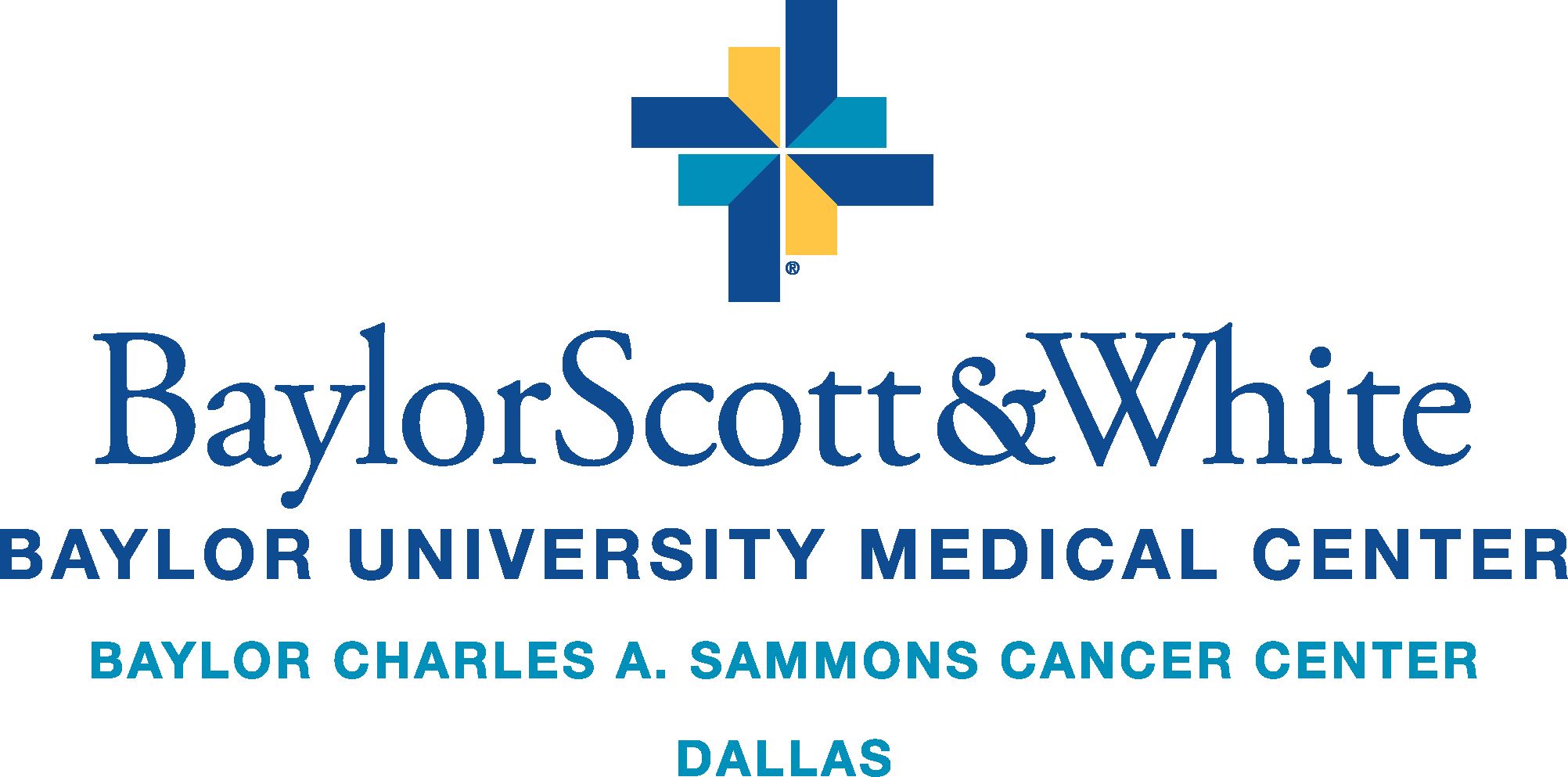
Dr. Paulson Discusses Unmet Needs in the Treatment of NETs

Scott Paulson, MD, co-director of the Gastrointestinal Research Program for The US Oncology Network, medical director for the Neuroendocrine Research and Treatment Center at Baylor Charles A. Sammons Cancer Center, Baylor University Medical Center, discusses unmet needs in the treatment of patients with neuroendocrine tumors.
Scott Paulson, MD, co-director of the Gastrointestinal Research Program for The US Oncology Network, medical director for the Neuroendocrine Research and Treatment Center at Baylor Charles A. Sammons Cancer Center, Baylor University Medical Center, discusses unmet needs in the treatment of patients with neuroendocrine tumors (NETs).
Among the recent advancements in the treatment of patients with NETs, Paulson says that patients who have severe carcinoid syndrome or a high functional burden of tumors remain an unmet need. It is still difficult to shrink the tumors of these patients outside of surgery and embolic techniques, he explains. Therapies are needed to reduce the symptom burden and size of tumor.
The FDA approval of Lutathera (lutetium Lu 177 dotatate) is a big step forward, though. In January 2018, Lutathera was approved for the treatment of patients with somatostatin receptor—positive gastroenteropancreatic NETs. Studies have shown that Lutathera can shrink and reduce tumors, whereas agents like everolimus (Afinitor), lanreotide (Somatuline Depot), and octreotide LAR, have very low response rates.






































